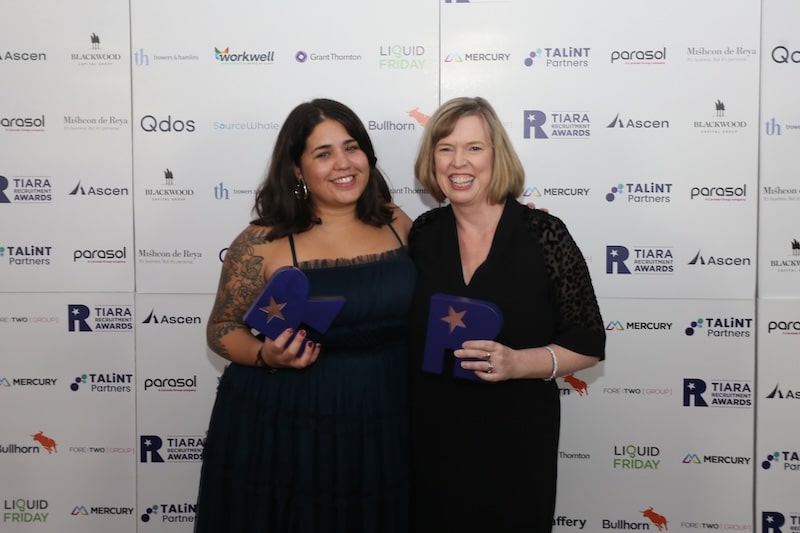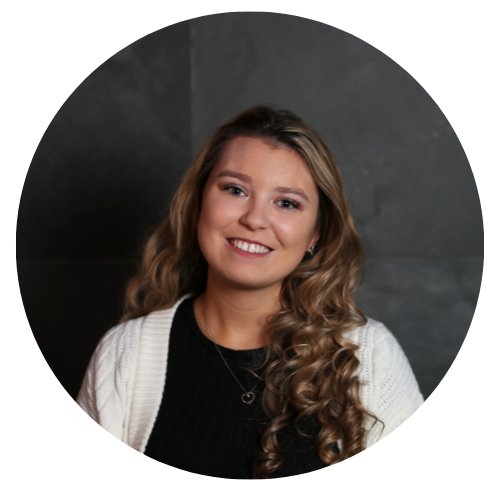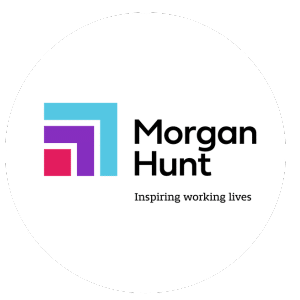Emily Shanks: Congratulations on winning The Innovation Award at the TIARA Recruitment Awards UK&I! What do you think were the standout elements of your approach to innovation that impressed the judges?
Morgan Hunt: Our approach to innovation is deeply rooted in our commitment to diversity, equity, and inclusion (DEI) and corporate social responsibility (CSR). At every step, we ask ourselves: What positive impact are we having? What are we giving back to our community?
This mindset drives everything we do. Our partnership with the Black Leadership Group (BLG) and the subsequent launch of the Black Leadership Job Board (BLJB) is a true testament to this commitment. By addressing underrepresentation in leadership roles and creating tangible opportunities for Black talent, we’ve not only delivered innovative solutions but also fostered meaningful, lasting change in the communities we serve.
ES: Your data-driven focus on diversity, equity, and inclusion was a key factor in your win. Can you share more about how you’ve integrated DEI into your recruitment processes and overall business strategy?
MH: DEI is not an add-on; it’s embedded in every stage of our recruitment process. From anonymised CV reviews to inclusive language in job descriptions, we use data to identify and address barriers to equity. Internally, we champion diversity through training, mentorship programmes, and inclusive hiring practices, ensuring DEI drives both our client outcomes and our organisational culture.
Our event strategy further reflects this commitment. We regularly host D&I-focused webinars on topics such as LGBTQ+ inclusivity, menopause awareness, and fertility wellbeing in the workplace. These events not only foster awareness but also provide practical insights to help organisations create more inclusive environments.
ES: One of the highlights of your submission was the partnership with the Black Leadership Group to create an inclusive job board. What led to the creation of this job board, and what impact has it had on your clients and candidates
MH: The idea for the Black Leadership Job Board came from recognising the stark underrepresentation of Black professionals in senior leadership roles. Our partnership with the Black Leadership Group (BLG) began in the summer of 2020, following the tragic murder of George Floyd, united by a commitment to drive real, systemic change. Together, we’ve worked tirelessly to address racial inequality in the post-16 education and skills sector, with Morgan Hunt being the first private sector affiliate of BLG.
Our collaboration began with an open letter signed by Morgan Hunt, calling for real action on racial inequality, and has since evolved into a deep commitment to creating an anti-racist workforce. Through initiatives such as BLG’s 10-Point Diagnostic Toolkit and our joint work on an anti-racist recruitment protocol, we’ve focused on transforming senior leadership and governance hiring practices within the further education sector.
The Black Leadership Job Board is a natural extension of this work. It actively challenges biases and provides equitable opportunities for Black professionals. It has had a profound impact, offering organisations access to a diverse talent pool while helping candidates connect with roles where they can thrive and drive change.
By providing a platform that connects our clients with Black talent, the BLJB advances our shared mission to create an anti-racist society and elevate diverse talent into leadership positions.
ES: How does your inclusive job board help bridge gaps and create more opportunities for underrepresented groups in the recruitment process?
MH: Black Leadership Job Board actively breaks down barriers by ensuring inclusive hiring practices are central to the process. It enables organisations to post roles designed to attract diverse talent and provides resources to help embed fairness throughout recruitment. Alongside the job board, our free resources page includes a job advert template tailored to attract diverse candidates, a CV template for Black and ethnic minority individuals, and a guide on how to implement inclusive hiring practices. Ultimately, the job board creates more opportunities for underrepresented groups by connecting them with organisations genuinely committed to inclusivity and diversity.
ES: What were some of the biggest challenges you faced while developing these innovative solutions, and how did you overcome them to create tangible results?
MH: One of the biggest challenges was confronting unconscious bias in traditional recruitment methods and gaining client buy-in for change. We also faced resistance from some candidates and clients who didn’t fully understand the need for the Black Leadership Job Board. When necessary, we engaged in open discussions to explain the importance of the initiative in addressing systemic underrepresentation. Another challenge was securing client commitment to actually use the job board and invest in it, as well as the broader benefits of inclusivity. Many organisations apply cosmetic changes to show a commitment to D&I but are unwilling to make the necessary investments, despite the proven business benefits. Through education and showcasing success stories, we were able to demonstrate the value of truly inclusive hiring practices.
ES: Looking ahead, how do you plan to continue innovating in the DEI space, and what new initiatives or projects are in the pipeline to further advance inclusive recruitment practices?
MH: Looking ahead, we’re developing more tools to help organisations measure the impact of their DEI efforts, including enhanced analytics dashboards, training modules for inclusive hiring, and expanding the job board’s reach internationally. We will continue running D&I-focused events throughout the year, alongside efforts to further promote the job board through social media, email engagement, and SEO. The Black Leadership Group (BLG) will also integrate the job board into their anti-racist training with organisations across the UK. Additionally, we plan to partner with two more D&I-focused organisations — Disability Partnership and LGBTQ+ Partnership — because we believe that collective action, through collaboration with like-minded organisations, is key to driving lasting change.












